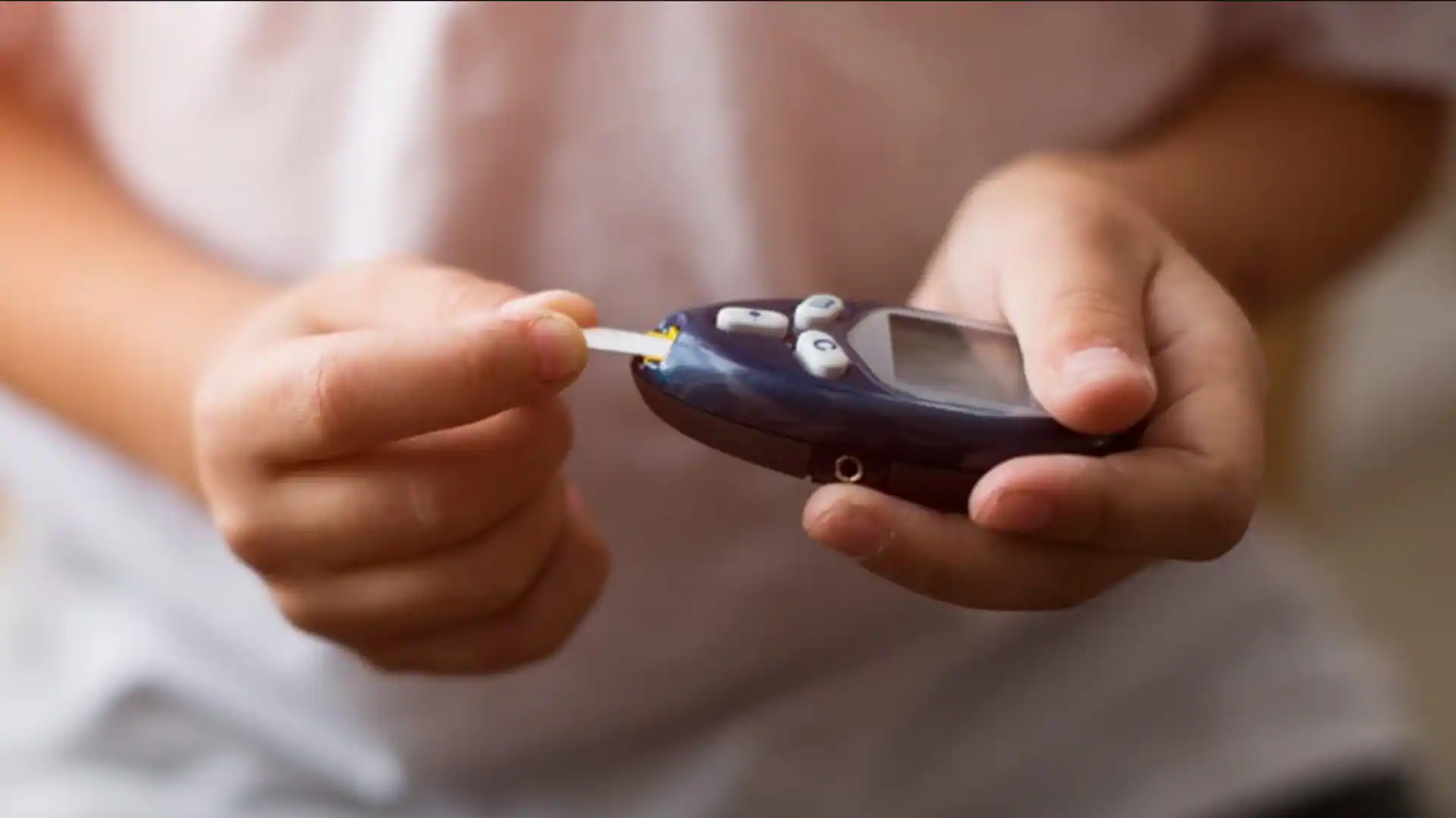Table of Contents
ToggleBITS Hyderabad Develops Sweat-Based Wearable to Monitor Diabetes

Hyderabad – In a bid to offer a non-invasive, painless, and cost-effective alternative to traditional blood-based glucose testing, a student at BITS Pilani’s Hyderabad campus, along with his mentor, has developed an innovative smartwatch-based diagnostic platform. This wearable device uses sweat to measure glucose levels, eliminating the need for finger pricks.
The breakthrough innovation is the brainchild of PhD scholar Abhishek Kumar and Prof. Sanket Goel, the Principal Investigator. Their research is now moving toward commercialization through Cleome Innovation, a startup spun out of the Microfluidics and Nanoelectronics Lab (MEMS) at BITS Pilani, Hyderabad.
A Step Toward Smart Diabetes Management
The wearable can detect not only glucose levels, but also uric acid and lactate levels
The startup is working to bring this wearable device to the healthcare market to support proactive diabetes management, Abhishek Kumar shared.
“I’ve seen many family members suffer from diabetes—my father, grandfather, and grandmother. I often tested their glucose levels using the finger-prick method, and I could genuinely feel their pain,” Kumar told PTI, explaining the inspiration behind the non-invasive innovation.
One of the key advantages of this platform is its affordability. According to Kumar, the team meticulously selected components that maintain performance while keeping production costs low, making the device scalable and accessible.
Beyond Glucose: Detecting More Metabolic Markers
In addition to monitoring glucose, the wearable can also detect uric acid and lactate levels—vital metabolic indicators for early detection of various health conditions.
“We’ve achieved an accuracy of around 97–98% with our tested samples,” Kumar said. The device will undergo clinical validation and regulatory approvals before being commercially released.
“The first human trials are expected to begin within six months, and we hope to launch commercially within a year,” he added.
This development represents a significant leap from conventional diagnostic tools. Unlike traditional methods that require blood samples, this fully automated platform can identify key diabetes-related biomarkers using urine and sweat samples—making it a truly pain-free experience.
The study was recently published in the Lab on a Chip journal by the Royal Society of Chemistry (RSC), noted Prof. Goel.
From Lab to Lifestyle: Wearable Health Monitoring
Looking ahead, the team is working to adapt the system into wearable formats like patch-based or flexible skin sensors. These would enable continuous, real-time monitoring of multiple health indicators—paving the way for personalized, on-the-go wellness tracking.
“Diabetes isn’t just about glucose. Complications often arise silently and early,” said Prof. Goel. “By also measuring markers like lactate and uric acid, our system provides a more complete picture of a patient’s metabolic health. And we’re doing this non-invasively, in real time, and at a fraction of the cost.”
Priced at approximately ₹2,500, the device delivers continuous results and aims not only to replace finger-prick tests but also to expand metabolic monitoring through simple biofluids like sweat.
The team is now seeking industry partners for technology transfer and further development, Prof. Goel added.



